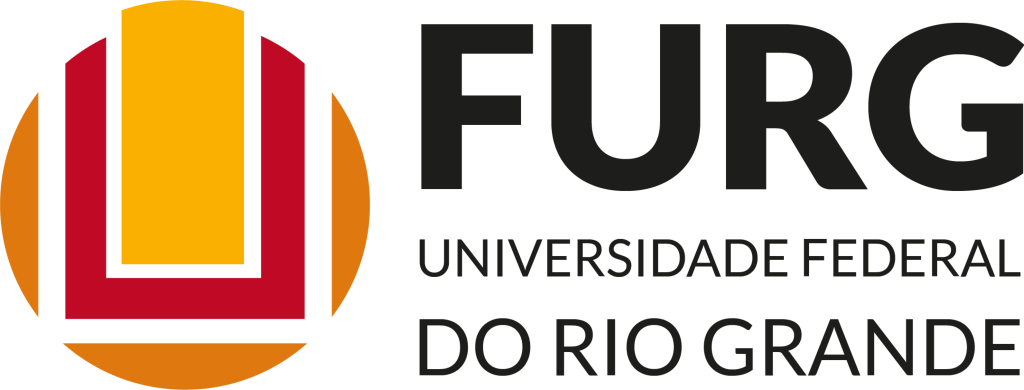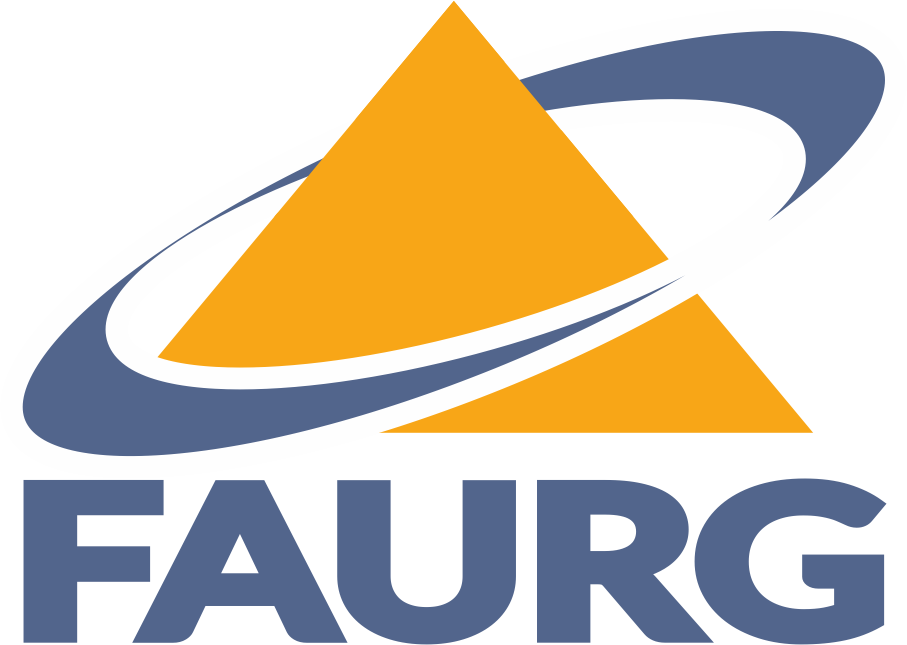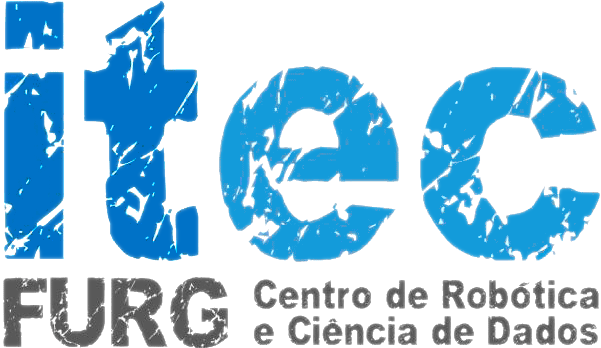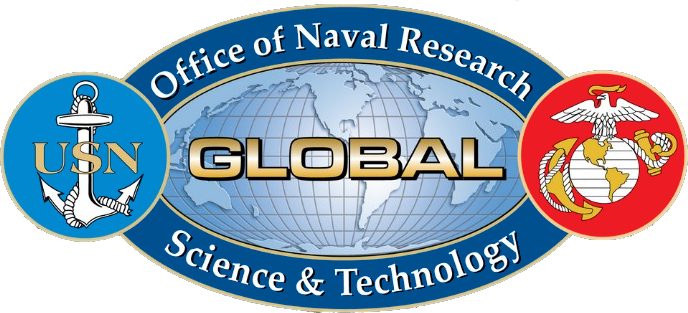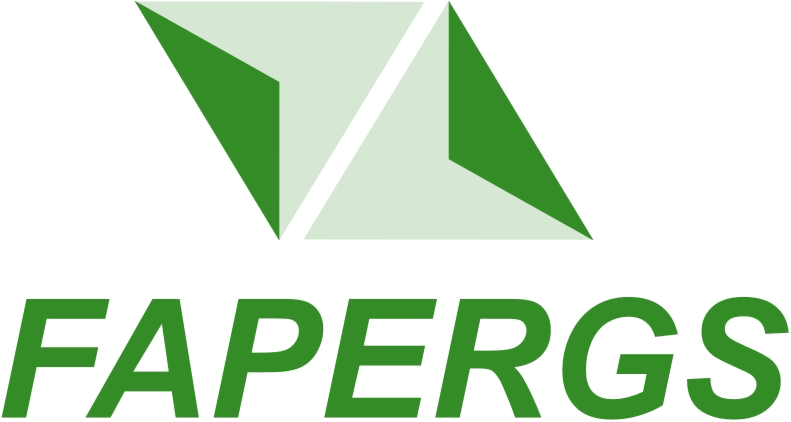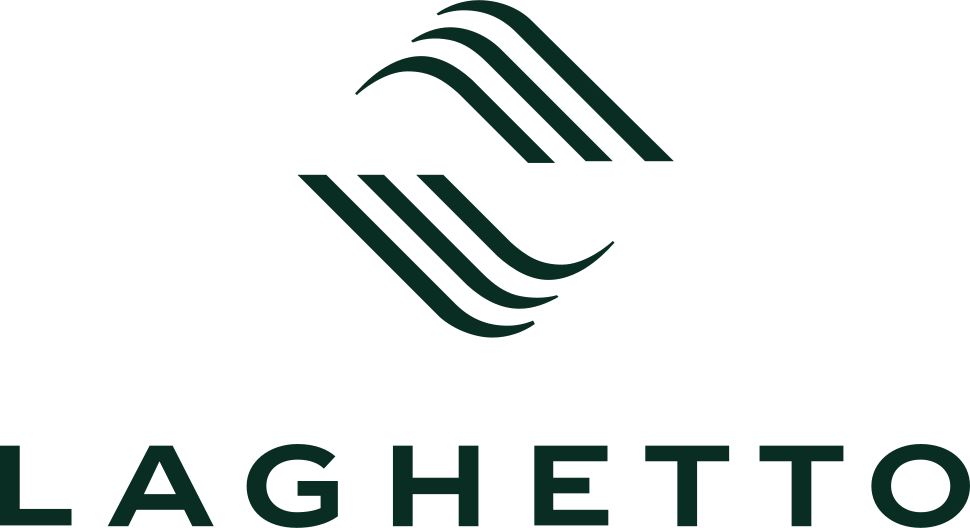August 1st, 2023 (1:00 pm): Submission deadlineSeptember 13th, 2023 - Notification of acceptanceOctober 10th, 2023 - Camera-ready due
Call for Technical Paper Contributions (Main Track)
The SVR 2023 Main Track is the conventional conference submission track. We invite technical paper contributions to this track for works that present original unpublished research in the areas of virtual, augmented and mixed realities and related areas. Manuscripts submitted to this track must be in English, and must be prepared following the template available below. All papers will pass through a confidential and double-blind review process by at least three experts in the topic of the work, and thus all submitted manuscripts must be anonymized.
All accepted papers will be published in the ACM Digital Library. All accepted papers must be presented at the conference and must be associated with a full paid registration. No-show and no-registration papers will not be included in the program and will not be published in the ACM Digital Library.
Topics include, but are not limited to:
- VR/AR/MR systems, frameworks and toolkits
- 3D interaction
- Input devices for VR/AR/MR
- Haptics, audio, and other non-visual interfaces
- User studies and evaluation
- Tracking and sensing
- Computer graphics techniques for VR/AR/MR
- Immersive gaming / serious games
- Virtual humans and avatars
- Advanced display technology
- Immersive projection technology
- Multi-user and distributed VR/AR/MR
- Perception, presence, and cognition in VR/AR/MR
- Teleoperation and telepresence
- Immersive and situated visualization
- Social, economic, and technical impacts of VR/AR/MR
Submission Instructions - for Regular submission
The regular submissions will be performed through the JEMS System in the “SVR2023 Main Track”. During the submission process, each paper should be classified as one of the following categories:
1) Research paper: the goal of this track is to present papers with original research describing results that contribute to advances in the state-of-the-art of VR/AR-related topics.
2) Application / Case Studies: due to the growing maturity of the VR/AR fields, there are already VR/AR/MR applications in widespread use across many fields. This track provides the ideal opportunity to present and discuss applications. The goal is to present applications that build upon existing ideas and established techniques to solve a problem in a novel way.
3) Review papers: the goal of this track is to present papers that explore the state-of-the-art in VR/AR/MR. A review paper should provide an updated and extensive overview of the kind of issues that are addressed in the literature on a topic related to VR/AR, the main theories, findings, conclusions, and the most important challenges for the future.
Outstanding full papers published in the ACM Digital Library will be invited to submit extended versions to a special session in the SBC Journal on Interactive Systems, at a later date (after the conference).
Submission types:
Full Papers: Full papers should contain between 6 and 10 pages (including references)
and present a level of contribution commensurate with its length. Research full papers
should present consolidated research ideas with strong evaluation evidence of the results.
Application and case study full papers should report on mature applications, which have
been thoroughly tested with evidence of the effectiveness of the tool. All review papers
are expected to be submitted as full papers. Exceptionally, review papers may contain up
to 12 pages (including references).
Short papers: Short papers should contain between 3 and 5 pages (including references)
and should present small, but not low quality, contributions. Research short papers may report
initial ideas and preliminary evaluations of ongoing research, or complete presentation and
evaluation of a small research problem. Application and case study short papers may present
an ongoing effort into an applied problem in VR/AR, or the complete report of an application
with limited scope. No review papers should be submitted in short form.
Submission Process
All submissions must follow the ACM SIG Proceedings template. Among the various ACM paper templates, make sure that you use the “SigConf” version, i.e., use “sample-sigconf.tex” if you use LaTeX, and “Interim layout.docx” if you use MS Word for preparing your manuscript.
The ACM LaTeX template is also available on Overleaf platform. In addition, make sure that you use the 2012 ACM Computing Classification System (CCS) to choose CCS Concepts for your paper. For detailed instructions, refer to the CCS 2012 page.
Papers should be written in English. Authors' names and affiliations should be removed from the submitted manuscript to guarantee a blind review. The electronic manuscript must be submitted in the Portable Document Format (PDF file). We encourage authors to submit supporting video material in addition to the PDF submission.
Anonymity Requirements
The review process of submissions will be double-blind, authors must prepare their manuscripts without including any indication of their identities or institutional affiliations. Author's identities will be tracked only by the submission system, and visible only by the track chairs. The program committee members and referees who review the paper will not know the identity of the authors.
To ensure anonymity of authorship during the review process, authors must prepare their manuscript as follows:
- Funding sources must not be acknowledged anywhere in the submitted paper.
- Authors' names and affiliations must not appear on the title page or elsewhere in the paper. Instead, please include under the title the number assigned to your paper by the online paper registration system, for instance, by including the command \finalfalse in your LaTeX source file.
- Research group members or other colleagues or collaborators must not be acknowledged anywhere in the paper.
- It is strongly suggested that the submitted file is named with the assigned submission number. For example, if your assigned paper number is 39352, then name your submitted file 39352.pdf.
- Source file naming must also be done with care. For example, if your name is Jane Smith and you submit a PDF file generated from a .dvi file called Jane-Smith.dvi, one can infer your authorship by looking into the PDF file.
- You must also use care in referring to related past work, particularly your own. For example, avoid mentions to your work as "In our previous work [1,2]...", and prefer third person referencing as "In previous work [1,2]...". Despite the anonymity requirements, you should still include all relevant work of your own in the references, using the above style (omitting them could potentially reveal your identity by negation).
It is the responsibility of authors to do their best to preserve anonymity. Papers that do not follow the guidelines here, or otherwise potentially reveal the identity of the authors, are subject to immediate rejection.
Camera-ready Submissions
The final version of your paper must be submitted with the signed Copyright Form.
Presentation
As an international forum in virtual and augmented reality, which welcomes a worldwide audience, the official language of SVR 2023 will be English. All slide presentations of full and short papers must be written in English according to the schedule defined for the conference program. More information about paper presentations will be sent to the authors of accepted papers.
No-show and No-registration Policy
No-show papers are defined as accepted papers submitted by authors who subsequently did not present the paper at the technical meeting. No-registration papers are defined as accepted papers where at least one author did not register with a full paid registration rate for the conference, where each paper must be associated with a different full paid registration. No-show and no-registration papers will not be included in the program and will be removed from the proceedings and from the ACM Digital Library.
Program Chairs
Márcio Sarroglia Pinho
School of Technology, PUCRS, Brazil.
pinho@pucrs.br
Rosa Maria Esteves Moreira da Costa
Departamento de Informática e Ciência da Computação, UERJ, Brazil.
rcosta@ime.uerj.br
Alvaro Joffre Uribe Quevedo
Faculty of Business and Information Technology, Ontario Tech, Canada.
alvaro.quevedo@ontariotechu.ca




